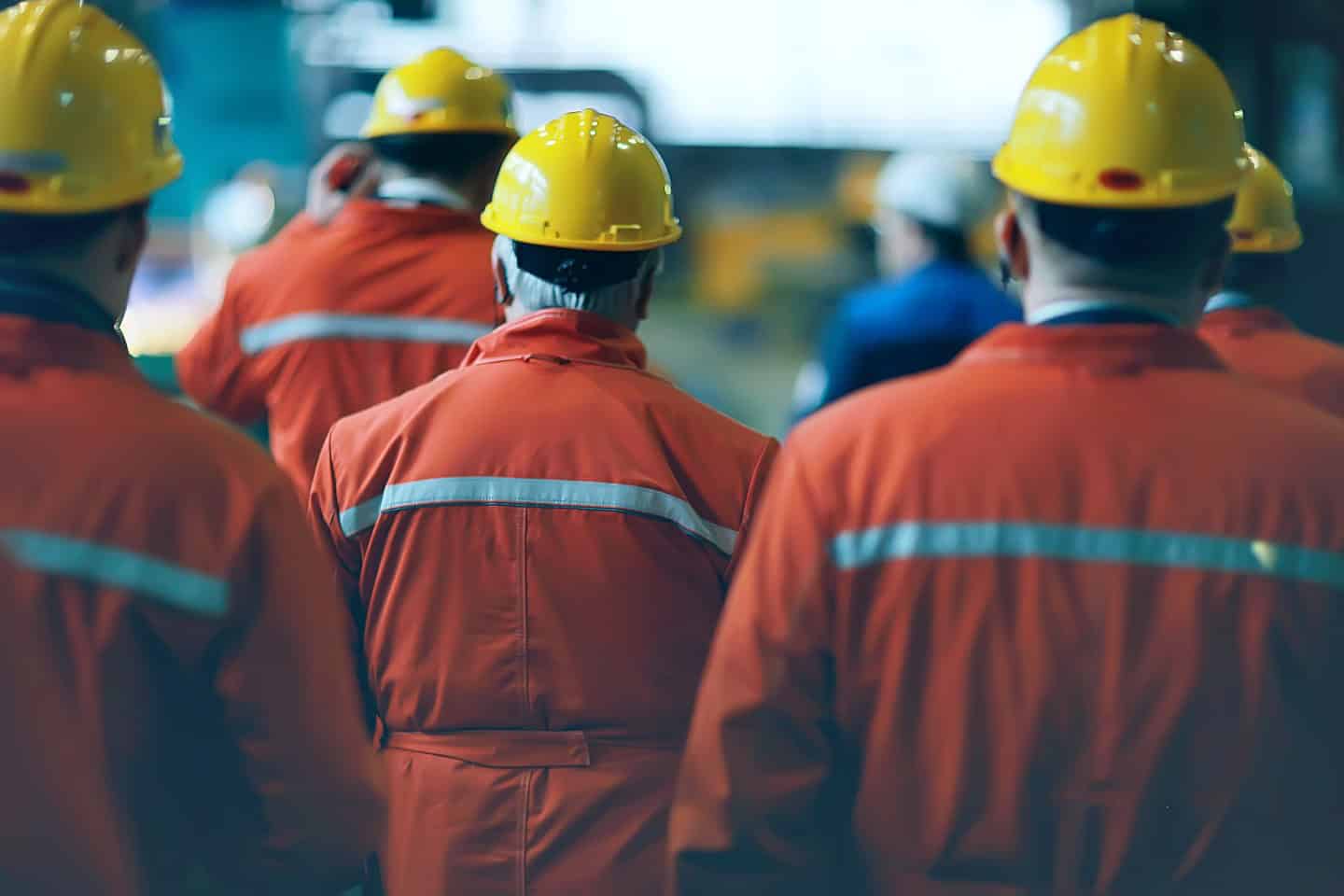
BBK Manifesto 2025: make construction worker safety a national priority
Construction is one of the UK’s most dangerous industries, with one person killed every week in 2023-2024. A recent study also revealed 95% of tradespeople have suffered a workplace injury, with more than a quarter forced to take more than six months off work. These figures show the scale of the risks and why we’re calling for stronger protections urgently.
Too many workers remain unprotected when things go wrong. From missing insurance cover to exploitation and exposure to deadly dust, gaps in enforcement and awareness continue to put lives at risk.
Employers’ liability insurance: a legal requirement, not an option
Employers liability insurance is compulsory under the Employers’ Liability (Compulsory Insurance) Act 1969. It covers employees, sub-contractors, volunteers and trainees. Without it, workers who suffer life-changing injuries may be left with no route to compensation.
Yet some companies still fail to take out insurance, gambling with workers’ futures. The Health and Safety Executive (HSE) can impose fines of up to £2,500 for every day a business is uninsured and £1,000 for failing to display a valid certificate. But too often, fines are not enough to deter non-compliance.
Stronger enforcement, including regular spot checks, is urgently needed. Employers must also be reminded that cover applies not only to those on the payroll but also to self-employed sub-contractors and people on work experience.
Protecting vulnerable workers from exploitation
Undocumented workers are particularly at risk of exploitation on construction sites. While they may not have the legal right to work, they are still entitled to protection under employment law, including fair pay and safeguards against unsafe practices.
Exploitation thrives in silence. That is why clear reporting mechanisms, stronger enforcement of labour laws, and better awareness of the signs of modern slavery are essential. Agencies such as the Gangmasters & Labour Abuse Authority (GLAA), the Modern Slavery Helpline, and Crimestoppers all provide ways for people to report concerns. But more must be done to hold companies accountable and ensure profit never comes before safety.
Silicosis: the ‘new asbestos’
Silica dust exposure is an urgent and growing threat. Workers in the engineered stone industry are developing silicosis, an incurable and sometimes fatal lung disease, at alarming rates. While asbestos dangers are well known, the risks of silica exposure remain under-recognised.
Current UK limits allow twice the exposure level permitted in Australia and the US. If we know lower limits save lives, why are we accepting weaker protections here? The Government should reduce exposure limits, strengthen enforcement of existing regulations and expand health surveillance programmes for workers at risk. Public awareness campaigns are also crucial to ensure workers and employers understand the dangers.
Time to act
Construction workers build our homes, hospitals and infrastructure. They deserve better than outdated protections and patchy enforcement.
We need:
- Stronger enforcement of employer insurance obligations
- Robust action to protect vulnerable workers from exploitation
- Stricter silica dust exposure limits in line with international standards
- Greater awareness of workplace risks, backed by public campaigns
Every worker has the right to come home safe. It’s time for Government, regulators and employers to take action and put safety before profit.
This blog is part of our 2025/26 Manifesto for Injured People. At Bolt Burdon Kemp, we support injured people not only by winning their cases but by driving change. Guided by our clients’ experiences and partnerships with charities across the UK, we are raising awareness of the change we need to see to better support injured people. We will continue working with politicians from all parties to ensure injured people’s needs are not overlooked in Westminster or beyond. You can read our full manifesto here.









